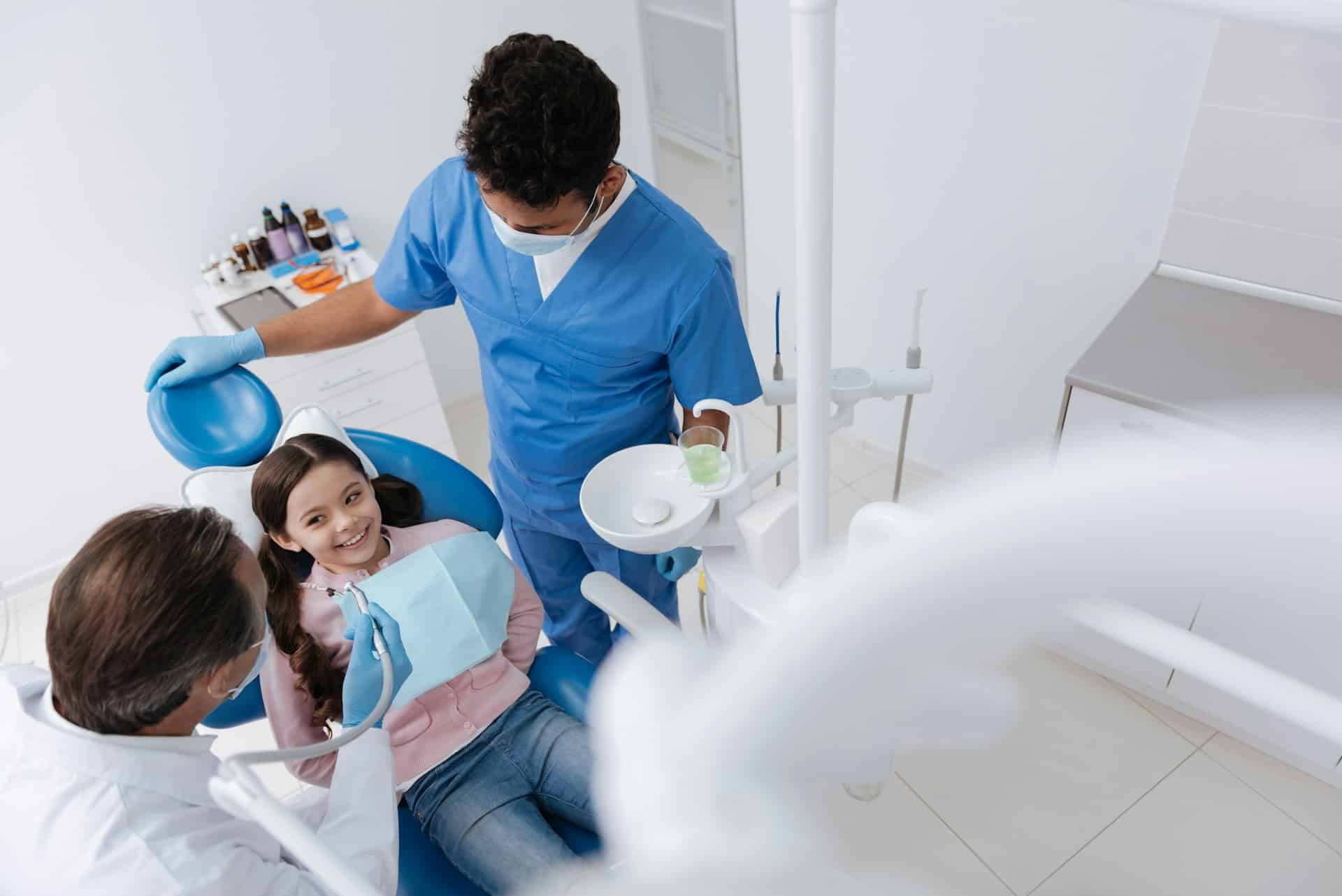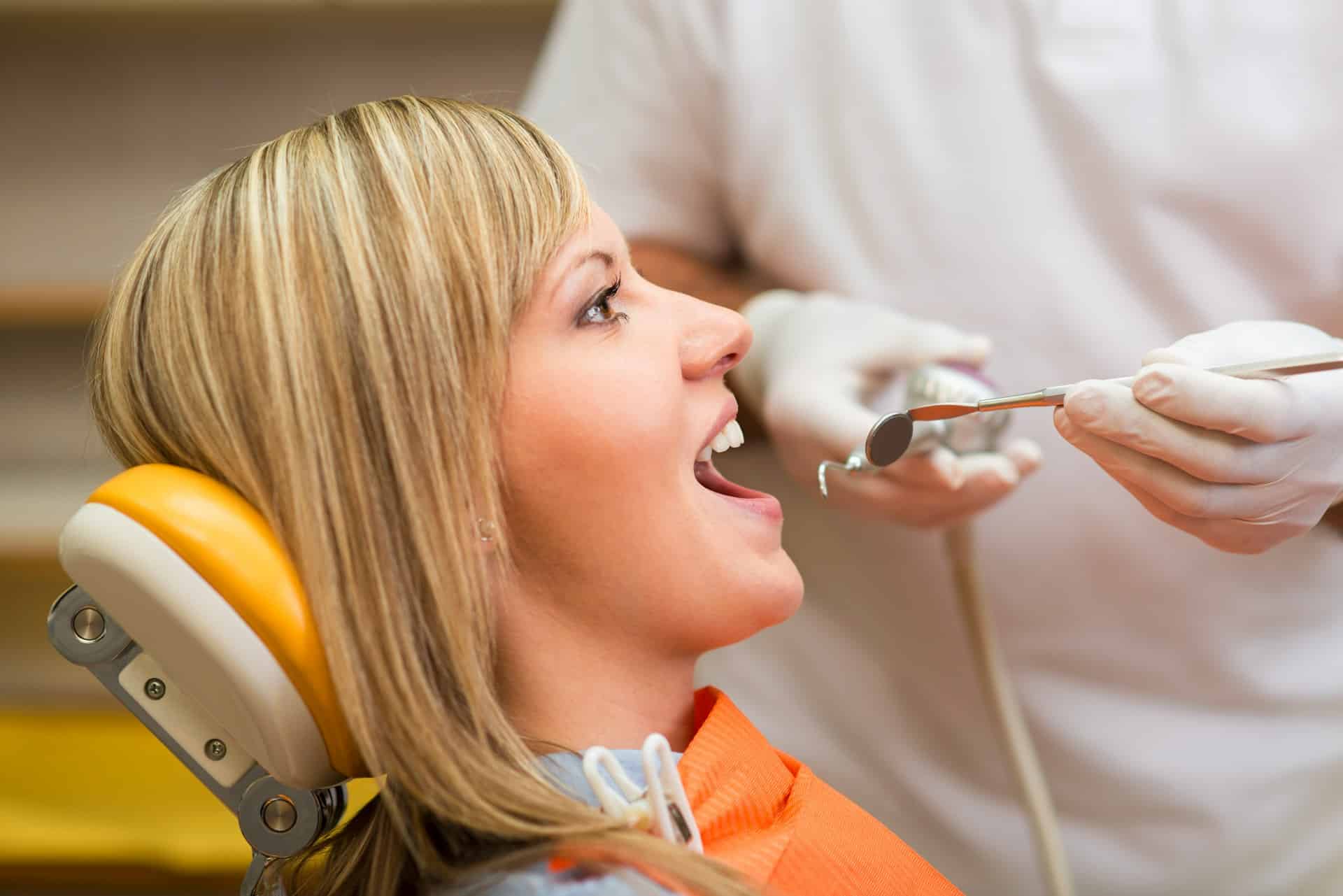Children’s dental experiences can often be associated with feelings of fear and discomfort, which can impact their attitudes toward dental care for a lifetime. It is crucial for parents and dental professionals to create positive dental experiences that put children at ease, making routine visits a pleasant event they eagerly anticipate. At Pickering Dental Services, our family dental care practice in Pickering, ON, we are dedicated to fostering a welcoming, safe, and enjoyable environment designed to nurture a positive outlook on dental health from a young age.
Today, we will explore various approaches and strategies that can help encourage positive dental experiences for children. By focusing on communication, education, supportive practices, and building trust, we can instill a long-lasting appreciation for dental care and help your child maintain radiant, healthy smiles throughout their lifetime.
1. Open Communication and Active Listening
One of the most effective methods to create a positive dental experience is to establish open communication and active listening. Here’s how to achieve this:
– Encourage your child to ask questions and express any fears or concerns they may have about dental visits. Address their questions honestly and empathetically, ensuring they feel supported and understood.
– Discuss what they can expect during their dental visit, using age-appropriate language and simple explanations to help them feel prepared and knowledgeable about the process.
– Encourage your child to communicate directly with the dentist, developing their trust and rapport with the dental care provider.
2. Education and Awareness
Helping children understand the importance of dental care and the role it plays in their overall health can motivate them to view dental visits more positively. Implement these strategies to educate your child:
– Relate dental care to personal interests: Explain the benefits of good oral hygiene by linking it to engaging activities such as healthy eating and sports. By demonstrating the connection between dental health and their favourite activities, they may be more inclined to follow proper dental care guidelines.
– Make dental education fun: Use age-appropriate books, apps, or educational videos designed to teach children about dental care in a fun and entertaining way.
– Celebrate dental milestones: Acknowledge your child’s achievements in dental care, such as losing a first tooth, getting a cavity-free report, or overcoming their fear of dental visits.
3. Creating a Comfortable Environment
A comfortable, child-friendly dental environment can help transform the child’s dental visit into an engaging and enjoyable experience. Consider these tips to create a calming atmosphere:
– Choose a family-focused dental practice like Pickering Dental Services, where dental professionals are trained and experienced in working with children and creating a supportive, caring environment.
– Allow your child to get familiar with the dental office by scheduling a meet-and-greet visit, letting them explore the environment and interact with the dental team.
– Provide your child with a favourite toy, blanket, or other comfort items during their dental visit to help alleviate any nervousness or anxiety they may have.
4. Positive Reinforcement and Incentives
Praising children and rewarding their progress and cooperation during dental visits can help create a positive association with dental care. Here are some ways to use positive reinforcement and incentives:
– Use verbal praise and compliments when your child demonstrates successful dental care habits, such as brushing and flossing correctly or overcoming fear during a dental visit.
– Implement a reward system, such as a sticker chart or a special treat, after a successful dental appointment. This will encourage your child to maintain good dental practices and view dental visits positively.
– Share your child’s achievements with family and friends to build their sense of accomplishment and pride in their dental care progress.
5. Leading by Example
As a parent, your attitude and approach to dental care play a significant role in shaping your child’s perspective on dental visits and habits. Take these steps to lead by example:
– Practice proper oral hygiene yourself, incorporating dental care activities like brushing and flossing into your daily routine.
– Show enthusiasm and excitement about your dental visits, demonstrating to your child that dental care is essential and enjoyable.
– Share stories of your positive dental experiences, emphasizing the benefits and rewards that come with maintaining good oral health.
6. Building Trust with the Dental Team
Establishing a trustworthy relationship between your child and the dental care team is crucial for creating a positive dental experience. To help your child build this trust:
– Communicate any specific concerns or preferences your child may have with the dental team before their appointment, allowing them to adapt their approach to meet your child’s needs.
– Express gratitude and appreciation for the dental care team’s efforts, reinforcing the confidence your child has in their care provider.
– Maintain a long-term relationship with a trusted dental team, such as the professionals at Pickering Dental Services, so your child feels at ease with familiar faces during their visits.
Embrace the Joy of Positive Dental Experiences at Pickering Dental Services
Creating enjoyable, stress-free dental experiences for your child helps pave the way for lifelong dental health. At Pickering Dental Services, our family dental care practice in Pickering, ON, we share your commitment to making your child’s dental visits comfortable, educational, and enjoyable. Our skilled team of professionals understands the unique needs of children and is dedicated to offering a supportive and compassionate environment for establishing healthy dental habits.
Don’t leave your child’s dental experiences to chance. Schedule an appointment with Pickering Dental Services today for expert dental care in Pickering, and embark on a journey towards building positive dental experiences for your child. Help them discover the joy of maintaining a radiant smile and instill a lasting appreciation for the importance of excellent oral care.










